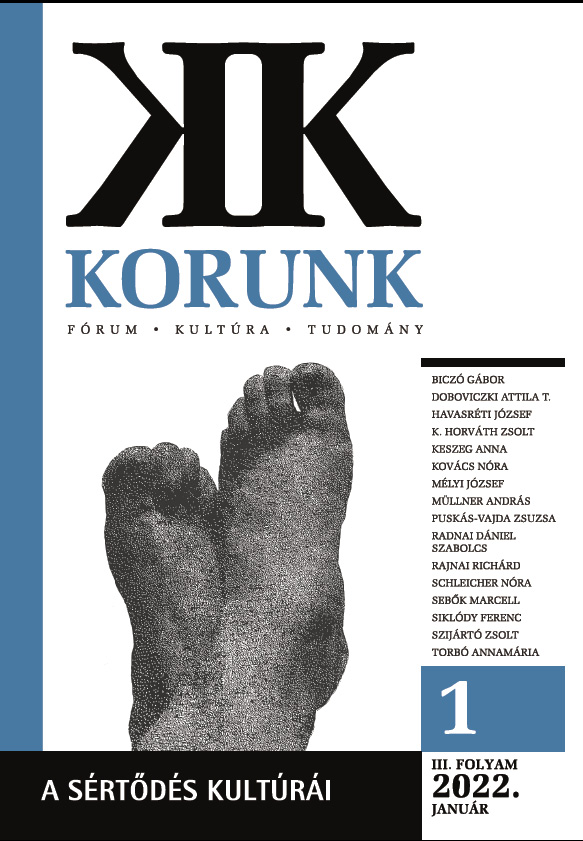Lantos Ferenc festőművész konfliktusa Csendes Lajossal, a megyei pártbizottság ideológiai titkárával. Rekonstrukciós kísérlet
Reconstruction of the Conflict between the Painter Ferenc Lantos and Lajos Csendes, the Ideological Secretary of the Hungarian Socialist Workers’ Party
Author(s): Attila T. DoboviczkiSubject(s): Cultural history, Post-War period (1950 - 1989), History of Art
Published by: Korunk Baráti Társaság
Keywords: conflict; painter; revolution; Hungarian culture
Summary/Abstract: After the defeat of the 1956 revolution, nearly one and a half million people were recorded by the state defense authorities. The Political Department of the Baranya County Police Headquarters kept a file on Ferenc Lantos from 1958, but unfortunately the “Sorstársak” (Comrades) folder disappeared with the change of regime in 1989, along with many other folders. But another dossier, an agent’s work file, which contains several reports on Lantos, has survived and can be searched in the Historical Archives of the Hungarian State Security. The agent under the pseudonym “Árpád Kutas” wrote about forty reports about Lantos; the authority drew up three so-called investigation plans for him against Lantos between 1963 and 1965. The observations at this time focused on the conflict between Lantos and Lajos Csendes, which had primarily art policy and secondly personal causes. Lantos had a different view of the actual concept of art, socialist realism, which, as a political resolution, was considered hostile to the socialist state order. In the study, based on the intelligence reports, I try to present the repressive techniques of the autocratic regime and the artistic and power relations of the Kádár era consolidation in a micro-historical context by presenting a local case in Pécs, in order to show the art political and power relations of the consolidation of the Kádár era and to interpret the repressive techniques of the autocratic regime, presented through a local case in Pécs.
Journal: Korunk
- Issue Year: 2022
- Issue No: 01
- Page Range: 76-88
- Page Count: 13
- Language: Hungarian

